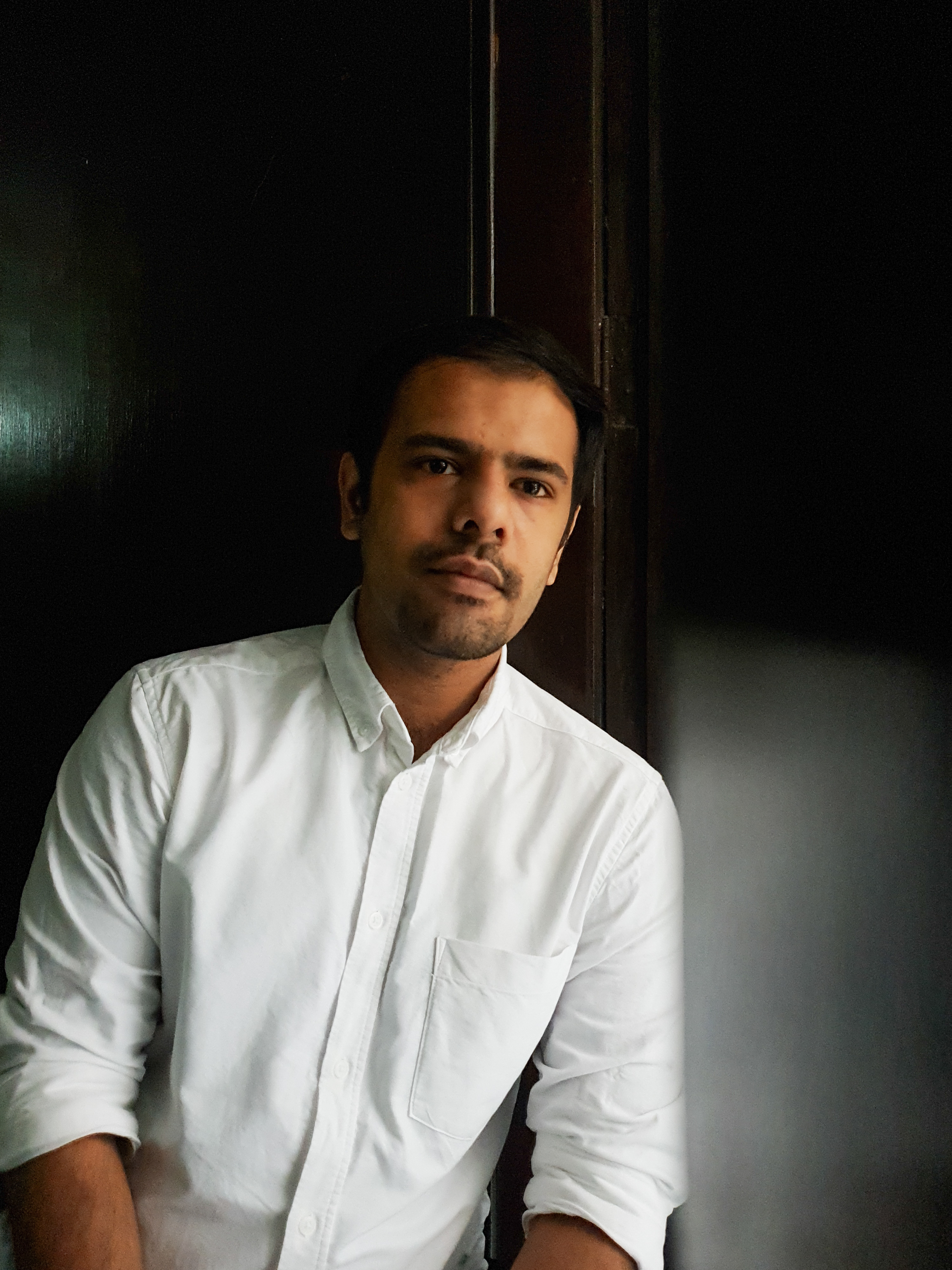Unsettled Identities
‘Unsettled Identities’ is a project focusing on lives of Rohingya Muslims, one of the most persecuted minorities in the world and one of the most overlooked minorities in India. There are around 900 Rohingya refugees in camps in and around Delhi-NCR alone. These camps are spread around Shaheen Bagh, Madanpur Khadar, Okhla and Vikaspuri areas. Travelling to a friend’s house near Madanpur Khadar, I would often chance upon the young Rohingya men standing and chatting with each other near street-side tea stalls. My grandparents fled Lahore in 1947 during the violent partition of the Indian subcontinent into India and Pakistan. I grew up hearing stories about all they had left behind, how difficult it was for them to rebuild their lives in New Delhi, and know that a part of them still lives and breathes in Lahore. This inherited memory, and everyday proximity to the refugee camps prompted me to engage with contemporary instances of forced migration.
As I slowly built relationships within the community in Shaheen Bagh, everyone became increasingly forthcoming with their stories. During this time, they were going through verification processes in India—signing documents, and sharing details of family residing in Myanmar. Their anxiety was palpable and all I could do was listen. One of the leaders of Rohingya Refugee camp was concerned about the community as the verification process brought back memories of the processes orchestrated by Burmese Government just before driving them out of their homes. They were worried not just about being sent back but also for their relatives who are still in the Rakhine state, Myanmar, as they were forced to share information on them in the verification form. Every morning the families would listen to the latest news on Rohingya communities in neighboring countries in anticipation.
Since these photographs were taken, I have been able to stay in regular contact with several of the families despite them being relocated to different parts of Delhi. They are still haunted by fear, memories of persecution, identities they left behind and lives long lost and forgotten by the world. No matter how hard they try to rebuild their lives against great odds in a new city, they are in one way or another—through their own circumstances, or through government interventions—reminded about their past, and their position as outsiders to society. These photographs capture glimpses of friendship, care and community that I shared with them.
— Anuj Arora

Anuj Arora is an Independent Graphic designer and Photographer based in India. He grew up in Delhi and studied bachelor at the University of Delhi. Later he studied visual communication in Delhi. He worked as a graphic designer in Delhi for more than a year before moving into photography. He was mentored by Bharat Chaudhary and Chandan Gomes at Sri Aurobindo Center for Arts in New Delhi where he pursued Documentary Photography. Since 2018 he has been working with several newspapers as an Independent Photographer like The Hindu, Hindustan times and Press Trust of India. Also, he has been documenting issues of Migration in Delhi as a long-term project.
Anuj has been a finalist of TOTO photography awards 2020, his work has been published in The Hindu, Hindustan Times, Getty Images, Khirkee Voice (a community based newsletter by KHOJ), Sunday Magazine by The Hindu, Your Shot National Geographic and exhibited at Indian Habitat Center with respect to graduate project.